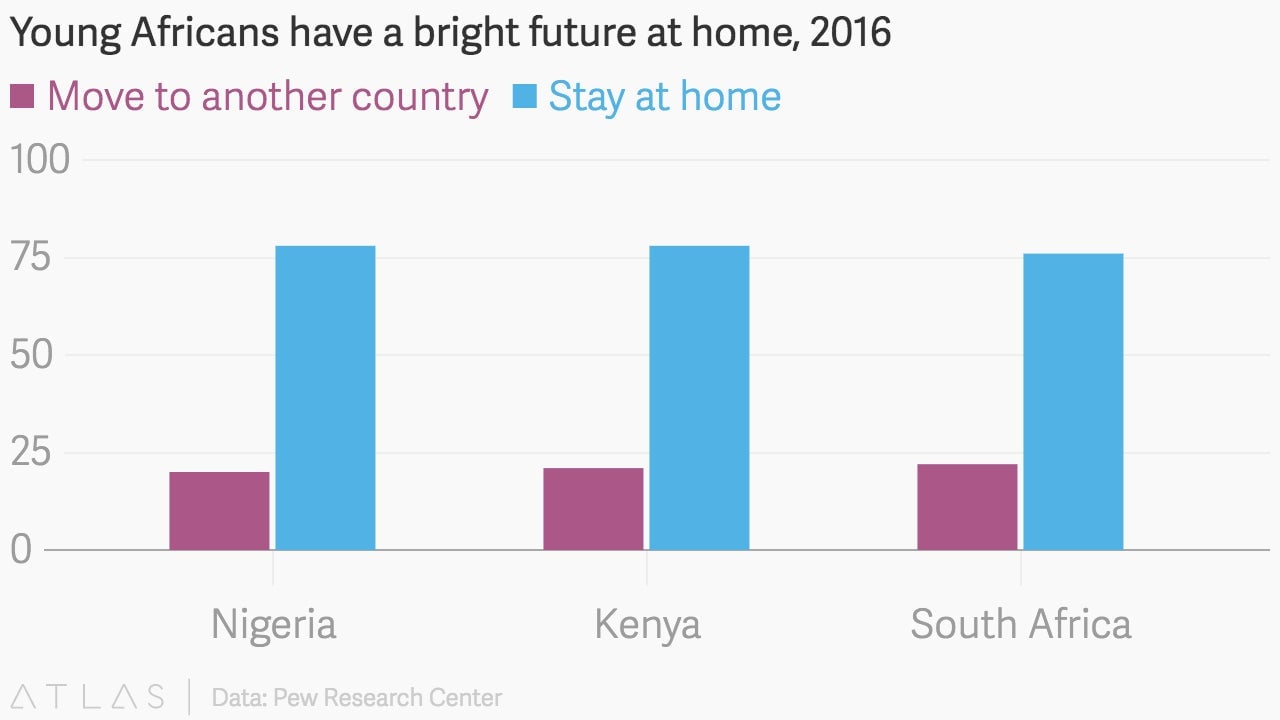Marcus Garvey, Nigerian dollars, China’s African farms
Hi, Quartz Africa readers!

Hi, Quartz Africa readers!
[insertSponsor]
Five stories from this week
Obama should pardon Marcus Garvey before he leaves office. The Jamaican activist Marcus Garvey’s philosophy of self-determination inspired leaders from Martin Luther King to Nelson Mandela. A growing movement hopes to redeem his name by asking US president Obama to issue a pardon for Garvey’s controversial conviction for mail fraud, Rebekah Kebede writes.
A Somali refugee’s journey to state legislature shows America can still be great. This month, Ilhan Omar became the first Somali-American Muslim female legislator elected to office in Minnesota. As Abdi Latif Dahir writes, Omar’s election was not only symbolic in a year when being Muslim, Somali, a woman and a refugee all became an excuse for insult. Omar’s story was first and foremost an American story.
Nigeria is threatening to jail people for holding on to US dollars. Nigeria’s Central Bank has tried stemming its currency crisis in a myriad of ways. The latest effort involves a bill that aims to seize foreign currencies and jailing citizens who hold on to US dollars.
China’s mission to modernize African agriculture is more about business than food. Agricultural expertise is one of Beijing’s oldest diplomatic exports to Africa, dating as far back as the 1960s. Yet a report by Lily Kuo on a new aid project in Rwanda finds the Asian giant’s efforts are more about creating viable business opportunities for China than just modernizing African farming,
Nigerians are falling for a decades-old Russian Ponzi scheme. Millions of Nigerians are seeking livelihood in a Ponzi scheme called MMM, which promises unreasonably high returns on investments. As Yomi Kazeem writes, economists have already started likening the scheme to a game of musical chairs.
CHART OF THE WEEK
Many Africans are optimistic about the future. Many countries in Africa are facing economic headwinds, shortages in food and clean water, not to mention widespread political corruption. However, a recent Pew survey also showed that many Africans want to stay at home and believe in the power of voting to affect change.

Other Things We Liked
The meaning of money in Zimbabwe’s currency crisis. In 2008, Zimbabwe went through a period of economic crisis, experiencing astronomical hyperinflation levels. But as the country braces for yet another monetary crisis, the survival tactics that had lain dormant for years are now being reactivated. As Rudo Mudiwa writes in Africa Is A Country, once you have gone through something so traumatic, guarding against its reappearance becomes second nature.
In Africa, China discovers the risks of being a global power. President Xi Jinping’s quest to make his nation a major world power has began to unravel as more soldiers return in caskets. As Jeremy Page and Matina Stevis write in Wall Street Journal, the recent deaths of soldiers in Mali and South Sudan represent the first Chinese combat deaths since the Vietnam war.
Keep an eye on
Labor statistics in South Africa (Nov. 22). Statistics South Africa will release unemployment data for the third quarter of 2016.
Broadcast, Film & Music Africa (BFMA) conference (Nov. 24-27). Representatives from Africa’s broadcast, film and music industries will attend the sixth BFMA conference, which will be held in Nairobi, Kenya.
Canadian prime minister to visit Africa (Nov. 24-27). Canada’s prime minister Justin Trudeau is heading to Africa for the first time. Trudeau will attend the Francophone summit in Madagascar and also head to Liberia to meet with president Ellen Johnson Sirleaf.
Our best wishes for a productive week ahead. Please send any news, comments, US government pardons and unused Nigerian dollars to [email protected]. You can follow us on twitter at @qzafrica for updates throughout the day.
If you received this email from a friend or colleague you can sign up here to receive the Quartz Africa Weekly Brief in your inbox every week.